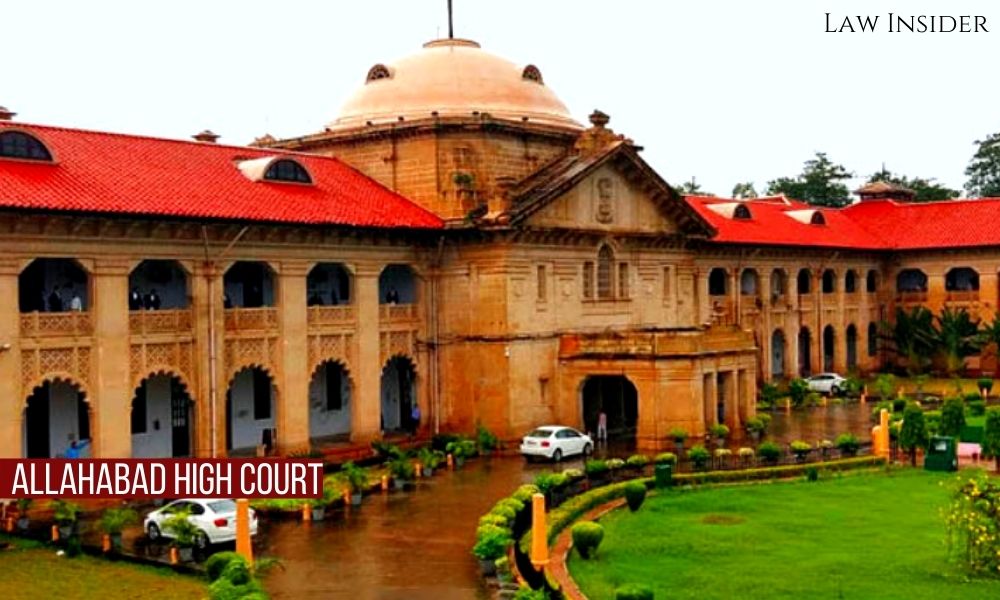LI Network
Published on: 12 August 2023 at 11:33 IST
The Allahabad High Court has drawn attention to the concerning trend of filing false First Information Reports (FIRs) against innocent individuals under Protection of Children From Sexual Offences Act, 2012 (POCSO) and the Scheduled Caste and Scheduled Tribe (Prevention of Atrocities) Act, 1989 (SC/ST Act).
The court emphasized that these baseless allegations not only damage the reputation of the accused but are also employed by some women as a means to extract money from the state.
In response, the court has directed authorities to initiate an inquiry and commence criminal proceedings against the complainant under Section 344 of the Criminal Procedure Code (CrPC) if the FIR is proven to be false.
Justice Shekhar Kumar Yadav, presiding over the case, remarked, “Before concluding the matter, it is pertinent to observe that in our society, there are instances where false FIRs under the POCSO and SC/ST Act are lodged against innocent individuals, tarnishing their image in society merely to extract money from the state.
It is deeply unfortunate that in many cases, women are employing this as a tactic to secure money.
This trend needs to be curtailed… Given the prevalent and growing frequency of such instances of sexual violence-related crimes, it is imperative for the State of U.P. and the Union of India to address this grave issue with sensitivity.”
The court’s directive is clear: if an FIR is proven to be false, criminal proceedings under Section 344 of the CrPC should be initiated against the complainant after a thorough inquiry. Furthermore, if the state has provided any financial assistance to the complainant, that sum should also be recovered from them.
In this case, the applicant sought bail for offenses outlined in Sections 376, 313, 504, and 506 of the Indian Penal Code (IPC) and Sections 3 and 4 of the POCSO Act.
The applicant contended that the allegations against him were untrue and that the alleged victim was a willing participant in the sexual encounter.
The incident purportedly occurred in 2011, yet the FIR was filed in 2019 without any reasonable explanation for the delay, the applicant argued. Moreover, he highlighted that the co-accused had already been granted anticipatory bail.
The court observed material inconsistencies in the victim’s statements, recorded under Sections 161 and 164 of the CrPC, regarding the timeline of the incident.
Citing the case of Sushila Aggarwal V.. State (NCT of Delhi) (2020), the court granted anticipatory bail to the applicant.
The court’s ruling underscores the need to address the misuse of legal provisions for ulterior motives, ensuring that justice is served without being compromised by false claims.

